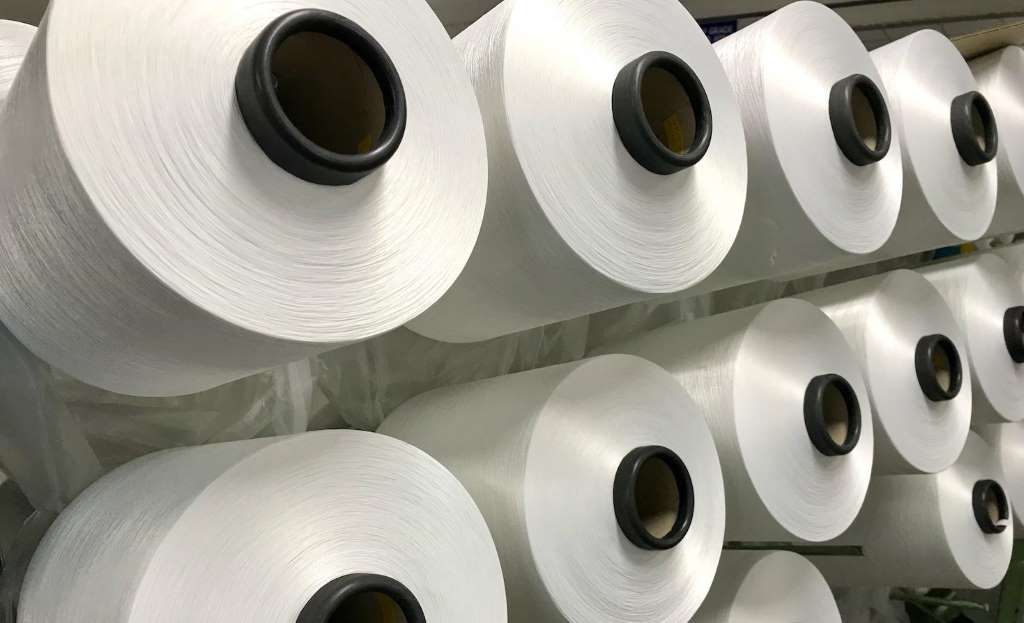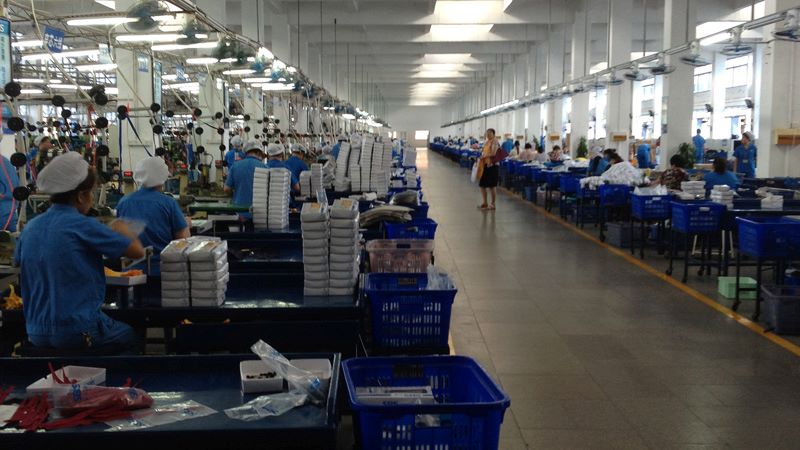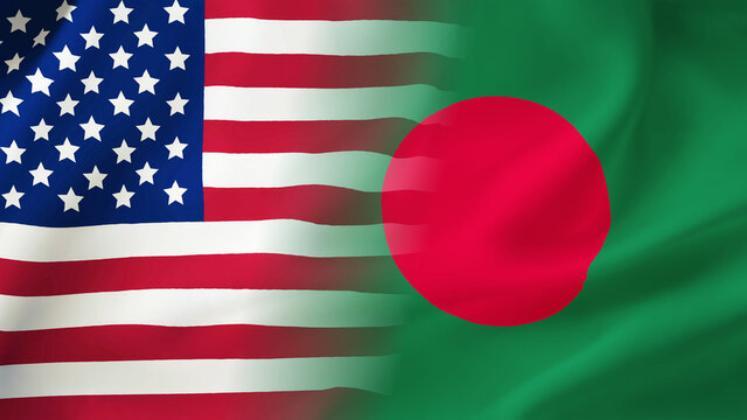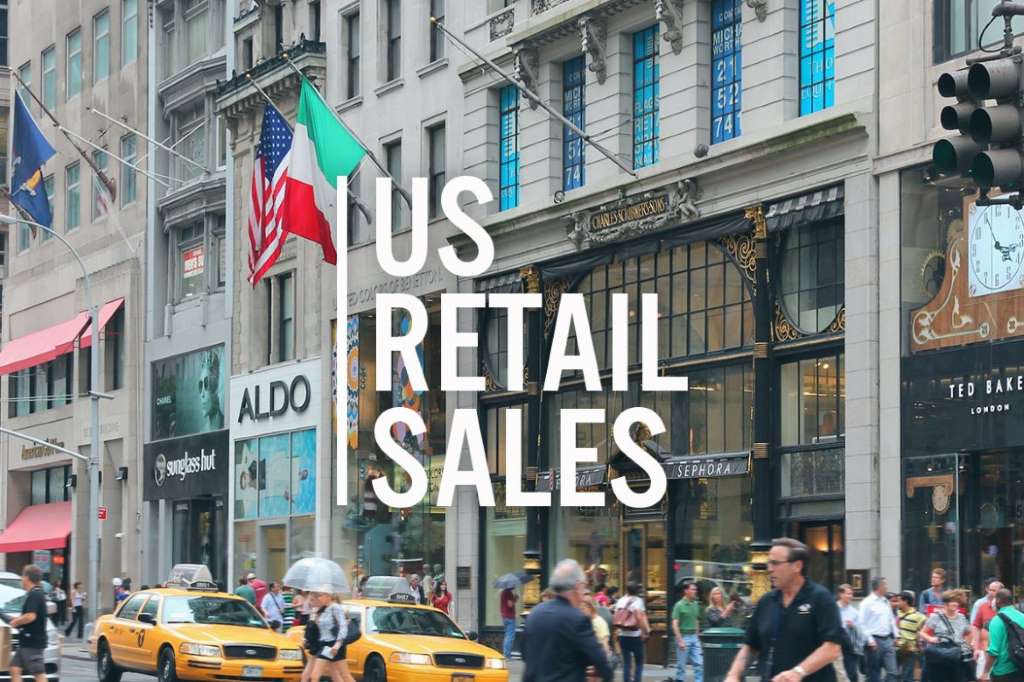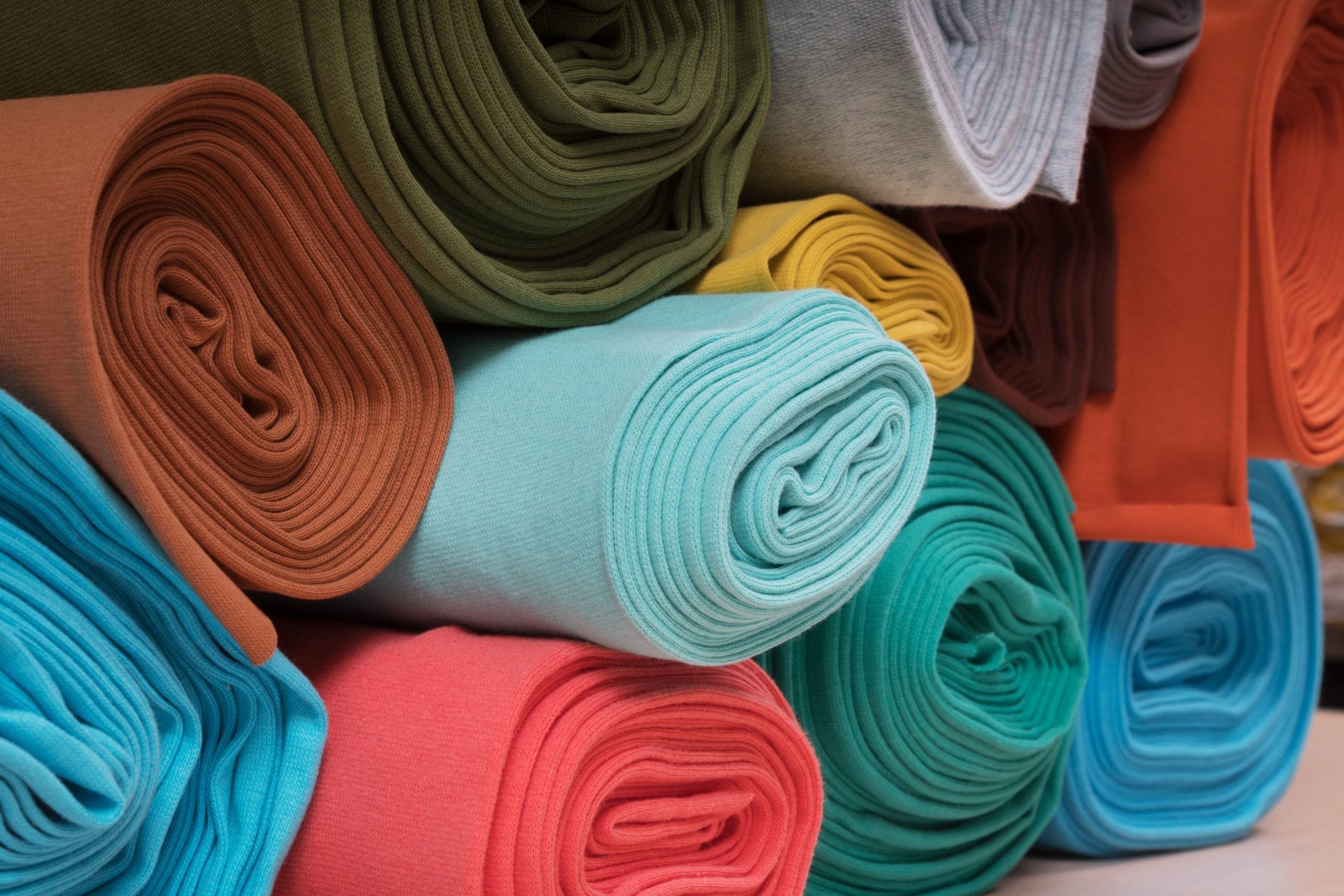 Recent deals like online fashion brand Boohoo purchasing UK retailer Debenhams for £55 million and Asos buying Arcadia brands for £295 million are keeping the survival hopes alive for brands and retailers. However, their move to online operations is leading to store closures across the globe, causing great concern to apparel suppliers in Bangladesh. Hitting major Bangladeshi RMG suppliers, many apparel stores in the West recently went bankrupt. Their bankruptcy has panicked RMG makers in Bangladeshi who are usually the last ones to receive owned money whenever a store goes bankrupt, says a Textile Today report
Recent deals like online fashion brand Boohoo purchasing UK retailer Debenhams for £55 million and Asos buying Arcadia brands for £295 million are keeping the survival hopes alive for brands and retailers. However, their move to online operations is leading to store closures across the globe, causing great concern to apparel suppliers in Bangladesh. Hitting major Bangladeshi RMG suppliers, many apparel stores in the West recently went bankrupt. Their bankruptcy has panicked RMG makers in Bangladeshi who are usually the last ones to receive owned money whenever a store goes bankrupt, says a Textile Today report
Recent spate of Western retail bankruptcies has left many suppliers with undue payments worth millions of dollars. These suppliers are usually paid for their orders after shipment delivery. Though many of may get some percentage of payments, the amount will be much lesser and fail to cover even the cost of order fulfillment
New laws to regulate suppliers’ payments
A reason for payment discrepancy is the lack of a proper regulatory system in the West. Western retailers are often allowed to purchase bankrupt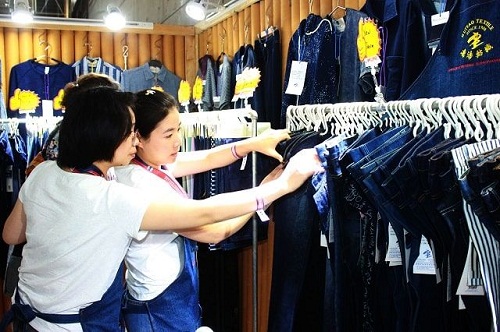 businesses without thinking of their liabilities, and debts are written off. Administrators are also paid their salaries and rents while suppliers’ payments are ignored.
businesses without thinking of their liabilities, and debts are written off. Administrators are also paid their salaries and rents while suppliers’ payments are ignored.
As a solution, some experts propose introducing new laws to regulate supplier payments and betters ways of doing business. They also propose to set up a fund where brands would pay for their business with Asian garment factories. As per the report, this fund could be used to pay wages to suppliers in case of a brand’s insolvency. Also, suppliers need to be involved in the purchase of a bankrupt business. This ensures when new owners take on a business, they also take their debt.
Balancing scales between buyers, suppliers
Any business needs to be built on mutual respect, shared goals and cooperation. Currently, the scales are tipped in favor of Western buyers, often affecting manufacturers. However, even buyers are not spared often leaving suppliers out of pocket creates disruption and uncertainty in the supply chains.
It’s high time the industry tackles these issues once again highlighted by the COVID-19 pandemic. Brands cannot be trusted to protect the workers in their supply chains through voluntary codes of conduct. Though many of them are known to care for each member of their supply chain, there are also others who do not care, as is evident from some of the glaring examples during the COVID-19 pandemic. Therefore, the industry needs new laws to regulate their supply chains and hold brands accountable for respecting human rights in their supply chain.

